Subscribe to our ▶️ YouTube channel 🔴 for the latest videos, updates, and tips.
Worksheet on Angles
In worksheet on angles you will solve different types of questions on angles.
1. Observe the given figure and answer:
(i) Name the marked angle.
(ii) Name the vertex of the angle.
(iii) Name the arms of the angle.
2. Observe the given figure and answer:
(i) Name the angle marked by 1 in two different ways.
(ii) Name the vertex and arms of the angle marked by 2.
(iii) Name the angle whose arms are SQ and SP.
3. Classify the following angles into acute, obtuse, right and reflex angle:
(i) 35°
(ii) 185°
(iii) 90°
(iv) 92°
(v) 260°
4. Measure these angles:
(i)

5. Observe the given figure with protractor and give the measure of each of the angles.
(i) m ∠POQ
(ii) m ∠POT
(iii) m ∠POR
(iv) m ∠POU
(v) m ∠POS
6. Use your protractor to draw these angles:
(i) 40°
(ii) 125°
(iii) 25°
7. Identify which of the following pairs of angles are complementary or supplementary?
(i) 70°, 20°
(ii) 20°, 170°
(iii) 50°, 145°
(iv) 125°, 55°
(v) 105°, 75°
(vi) 55°, 35°
8. Circle the alphabets with right angles.
9. Find the complement of each of the following angles:
(i) 40°
(ii) 27°
(iii) 35°
10. Find the supplement of each of the following angles?
(i) 100°
(ii) 90°
(iii) 110°
(iv) 107°
11. Draw a pair of supplementary angles such that one of them measures:
(i) 120°
(ii) 90°
12. Construct the angles of the following measures with the help of a compass:
(i) 150°
(ii) 90°
(iii) 120°
13. An angle whose measure is less than 90° is called an ……………… .
14. An angle measure 0° is called a …………….. .
15. Observe the given figure. Identify and name one angle of each case.
(i) Straight angle
(ii) Acute angle
(iii) Right angle
(iv) Obtuse angle
15. Given below are clocks. Show the time using needles to depict the corresponding angles.
16. Define the given angles:
(i) Right angle
(ii) Acute angle
(iii) Obtuse angle
(iv) Straight angle
Answers:
1. (i) ∠ABC
(ii) B
(iii) AB, BC
2. (i) ∠OSR
(ii) O; OS, OR
(iii) ∠PSQ
5. (i) 35°
(ii) 160°
(iii) 95°
(iv) 180°
(v) 125°
8. E, F, G, H.
14. (i) ∠DOA
(ii) ∠AOB
(iii) ∠AOC
(iv) ∠BOD
15.
16. (i) 90°
(ii) less than 90° but greater than 0°
(iii) Greater than 90° but less than 180°
(iv) 180°
● Angle.
Interior and Exterior of an Angle.
Measuring an Angle by a Protractor.
Construction of Angles by using Compass.
Geometry Practice Test on angles.
5th Grade Geometry Page
5th Grade Math Problems
5th Grade Math Worksheets
From Worksheet on Angles to HOME PAGE
Didn't find what you were looking for? Or want to know more information about Math Only Math. Use this Google Search to find what you need.
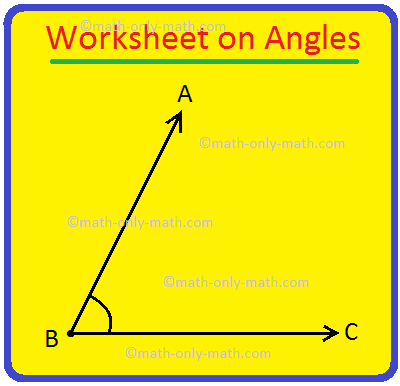
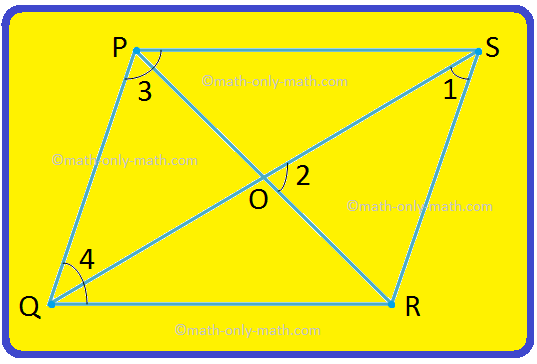
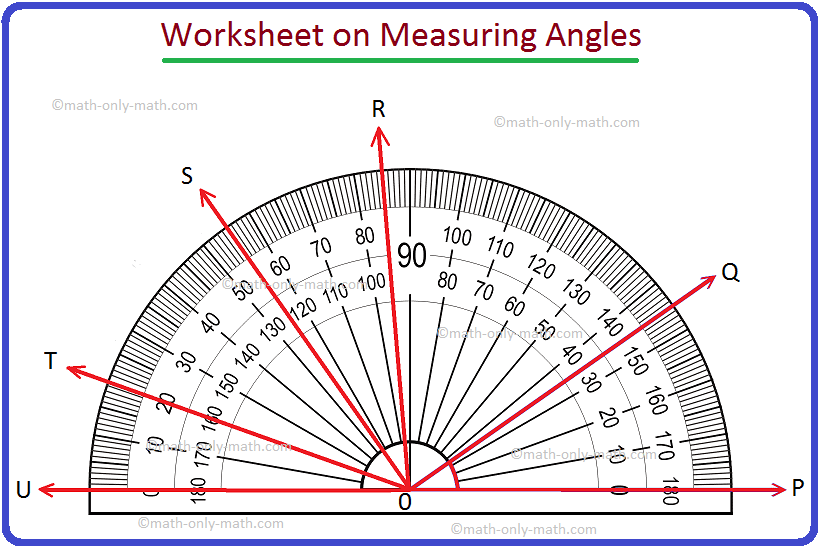
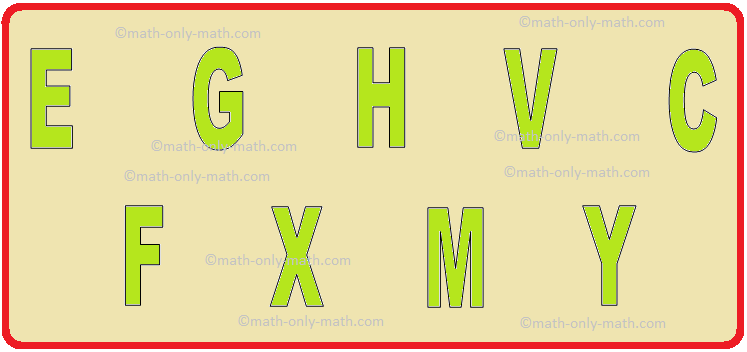
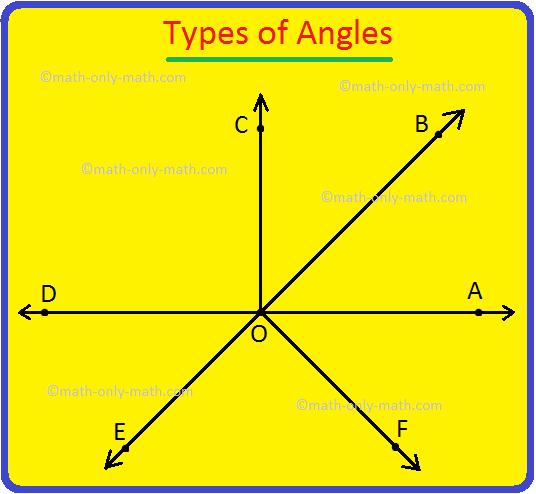

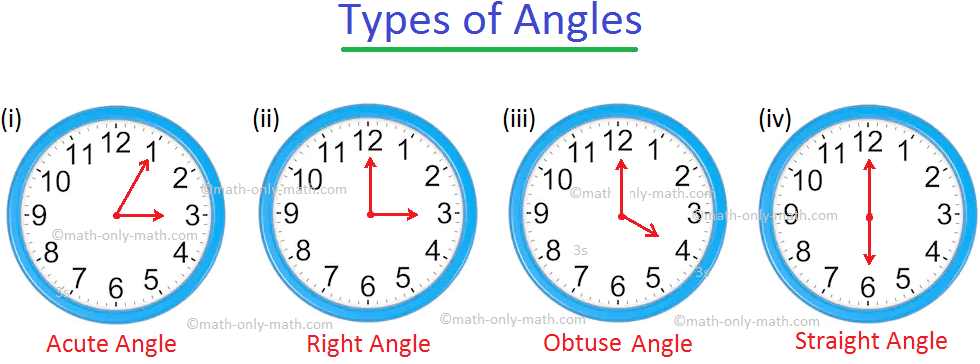


New! Comments
Have your say about what you just read! Leave me a comment in the box below. Ask a Question or Answer a Question.